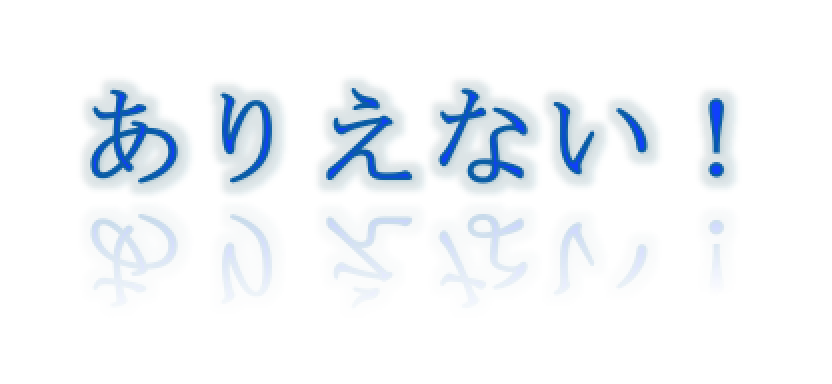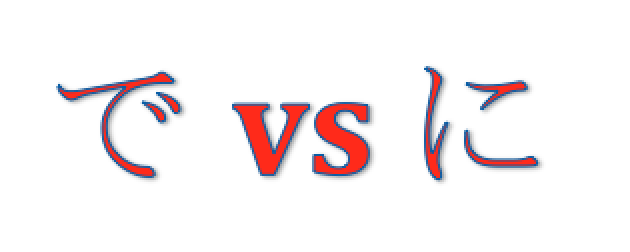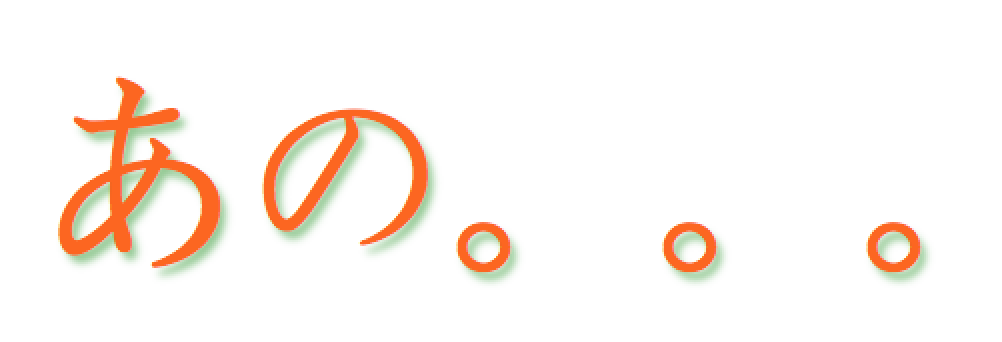Japanese 手(hand) : usages and expressions
In Japanese, the word for ‘hand’ is written as 手 and pronounced close to the English “te” sound from “tell”. In this post I’ll talk about a few words that use this character, plus other meanings of it. To start with, in baby-speak the word “お手手” (otete) is often used to mean “hand”. The word for “wrist”… Read More »



